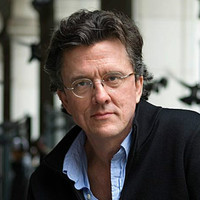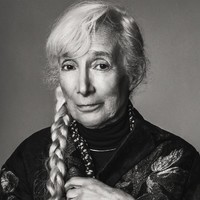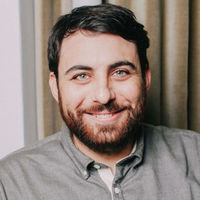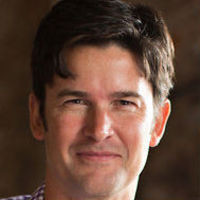Adam McKay is a film director, writer, and host of the podcast Death at the Wing.
“Sometimes you do a project and then you look back and you’re like, Ah, shit. I let some of myself get in the way of that. It sucks, but it’s also a part of it. And there are so many times where you’re excited that the story did take off, the wind did catch the sail and it went off on its own. And that just feels so good that it far outweighs the times when you make a mistake, or let something go wrong, or too long, or hit the wrong tone. Which is going to happen. There’s no way around it. But those times when it all just catches perfectly—it’s just so exciting that you keep doing it.”
Thanks to Mailchimp for sponsoring this week's episode.

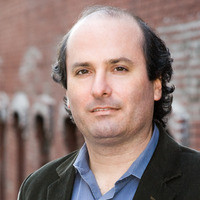






 Our new app for iPhone and iPad is almost here. Subscribe below and we'll let you know when it's available.
Our new app for iPhone and iPad is almost here. Subscribe below and we'll let you know when it's available.

